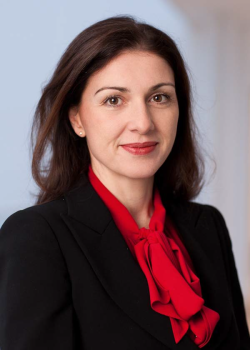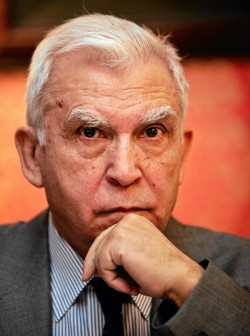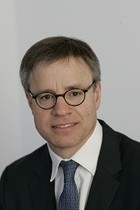Session 6: Germany, the Reluctant Leader of Europe?
The word “reluctant” has been used extensively in describing Germany’s role in Europe. The question this adjective begs is how did it come about that Germany became the single leader in Europe and was it was forced into this position? From the Eurozone to Ukraine, its leadership has been criticized for alleged passivity in tackling major crises. This comes against the backdrop of Germany’s undeniable success. Being the leader of social and macroeconomic policies as well as a hotbed of innovation and entrepreneurship, Germany has effectively become Europe’s dominant country. Moreover, being the principal paymaster, Germany has found itself playing the role of leader in the Eurozone. This, in turn, has led to an increasingly dominant role in the European Union as a whole. Washington has also noted this shift in the balance of power and the primary point of contact for US foreign policy in Europe is no longer London, but Berlin. We might conclude that Germany was not forced into the leading position but that the weaknesses of other partners and of the EU’s administration provided Germany with the space to position itself at the steering wheel.
- What kind of leadership does Europe need?
- Is Germany being forced into the leadership role?
- What does the internal discussion in Germany say about its role in Europe
- Is there a German model for Europe, and what does it look like?
Speakers:
François Heisbourg‚ Chairman of the International Institute of Strategic Studies and of the Geneva Centre for Security Policy
Amb. Cameron Munter‚ Chief Executive Officer, EastWest Institute
H.E. Axel Dittmann‚ Ambassador of Germany to Serbia
Adam Rotfeld‚ Professor, Warsaw University; Co-Chairman, Polish-Russian Group, Difficult Matters; Commissioner, Euro-Atlantic Security Initiative Commission
Elmar Brok‚ Member of the European Parliament, Chairman of the European Parliament Committee on Foreign Affairs
Moderator: Sandra Breka‚ Senior Vice President of the Robert Bosch Foundation






